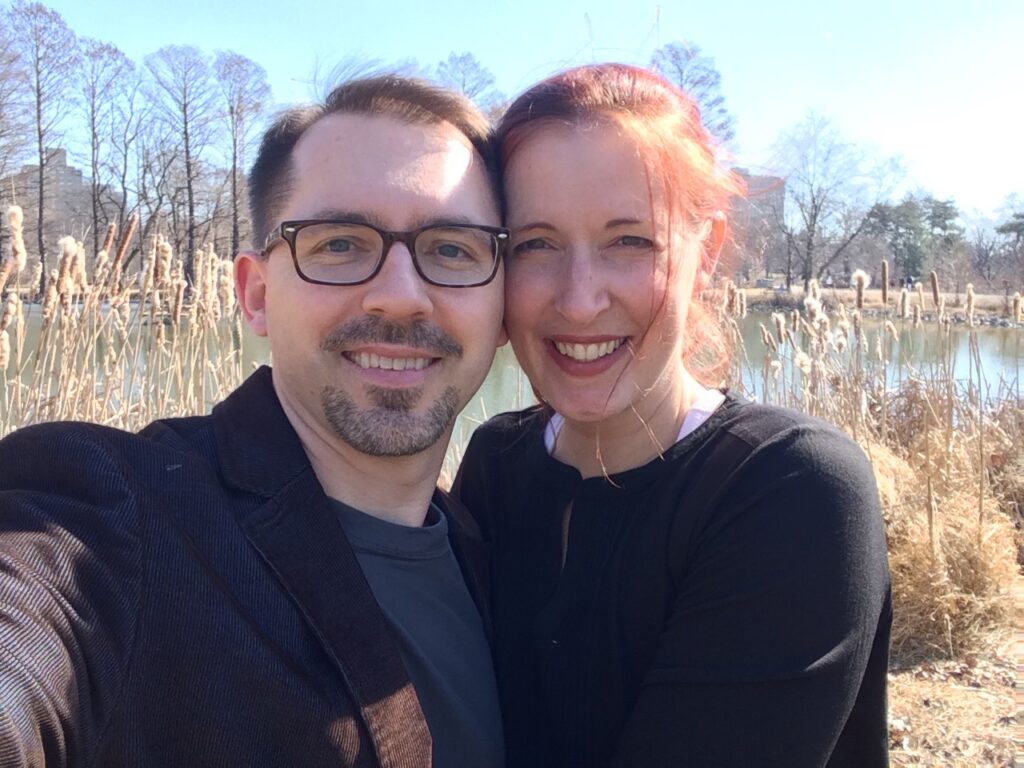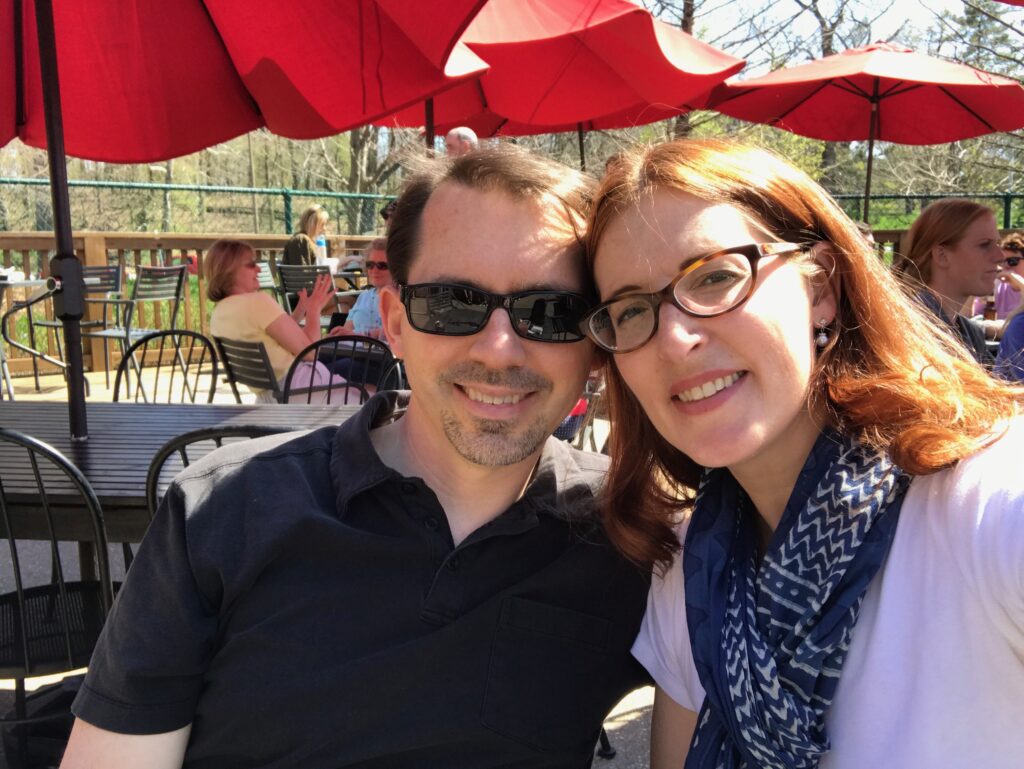Jon T. Willie, MD, PhD, joined the Department of Neurosurgery last September. He is associate professor of Neurosurgery, Biomedical Engineering, Psychiatry, Neuroscience and Neurology and director of Stereotactic, Functional, and Epilepsy Neurosurgery.
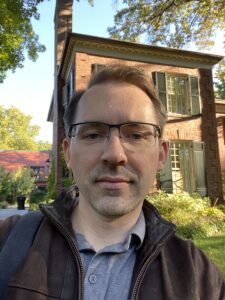
Dr. Willie investigates deep brain stimulation to enhance learning and memory, and he is developing novel interventions to treat epilepsy, sleep disorders, and post-traumatic stress disorder.
Q. After you completed your residency in neurosurgery at Washington University in 2011, you went to Emory University for your fellowship and then joined the Emory faculty. Why did you decide to return to WashU?
A. First, I’d like to note that I am very grateful for the opportunities I received at Emory. My reasons for coming to WashU at this point in my career were both professional and personal. On the professional side, having trained here, I am very proud of my WashU heritage. I have great respect for so many of my colleagues here, who trained me. When Dr. Zipfel offered me the opportunity to return, to contribute to building the department in my area of specialization and to continue my research here, it was hard to pass up.
On the personal side, my family genuinely enjoyed living here during residency. It is a great place for raising a young family—the cost of living is very affordable, and there are great schooling options. The city itself is very livable. We live in the Central West End and can walk to the park, restaurants, museums. And traffic is just not an issue, as compared to many places. Saint Louis has the cultural and professional advantages of an urban area two or three times its size, but without many of the headaches and congestion that you see in larger cities. Overall, the return here presented a chance to raise our children in a lifestyle that we view as very desirable.
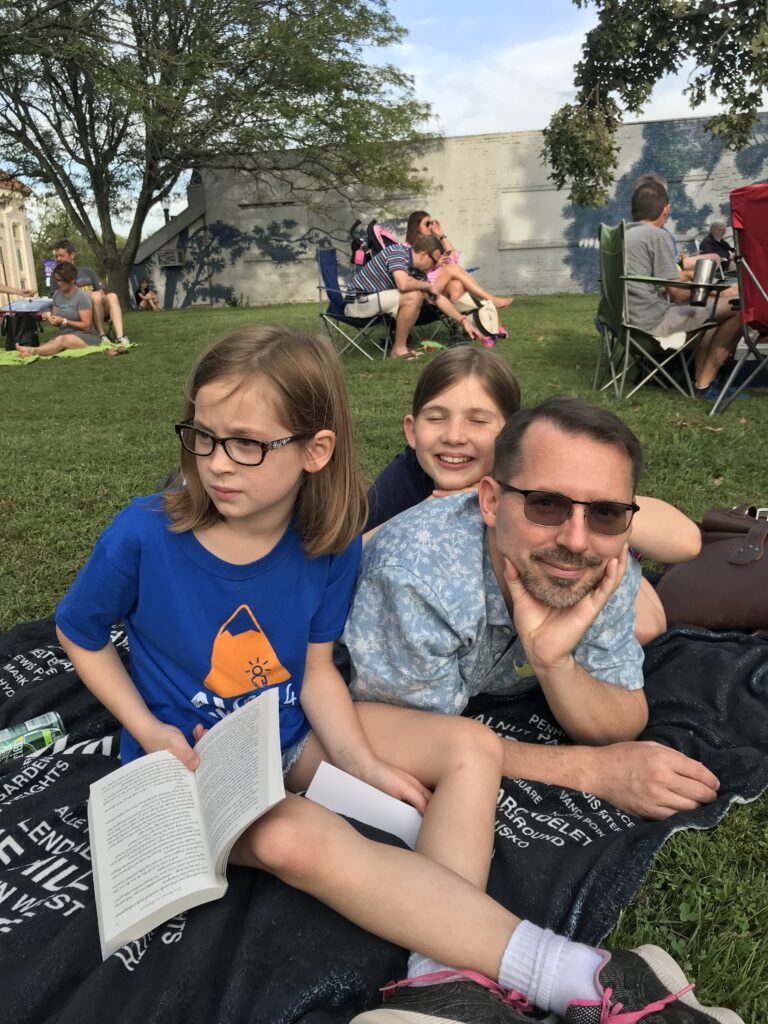
Q. Tell us about your family and moving back during the COVID pandemic.
A. We have five children; Sam – 16, Marie – 12, Matilda – 10, Beatrice – 7, and George – 4. Two of the kids are in local private schools: Sam is a sophomore at SLU [St. Louis University] High, and Marie is a sixth-grader at MICDS. Our lives are pretty typical for parents of five: outside of work, our lives revolve around kid-activities and family life. Pretty sure if it were up to the kids, we’d live at the City Museum and eat most meals at Fitz’s.
I relocated here in late August, six months into the pandemic. So by then, WashU, like my previous institution, had many procedures and protocols in place in response the pandemic. But the move itself was actually very easy. My wife, Abigail, and our kids had moved to Saint Louis more than a year before that, when Abigail took a teaching position at SLU Law. I threw my toiletries and suits into a bag, and got on a plane. I am quite confident that my wife does not remember my move as that seamless, though! She invested a lot of energy in handling the details, to make sure that my start at WashU was smooth, while I was winding up my practice and lab at Emory.
Because Abigail had continued her professional career in Saint Louis through teleworking throughout our time in Atlanta, we remained connected to Saint Louis and we visited together. My return to St. Louis seemed natural—although I certainly wish it hadn’t been during COVID. I look forward to living in St. Louis when life returns to “normal.”
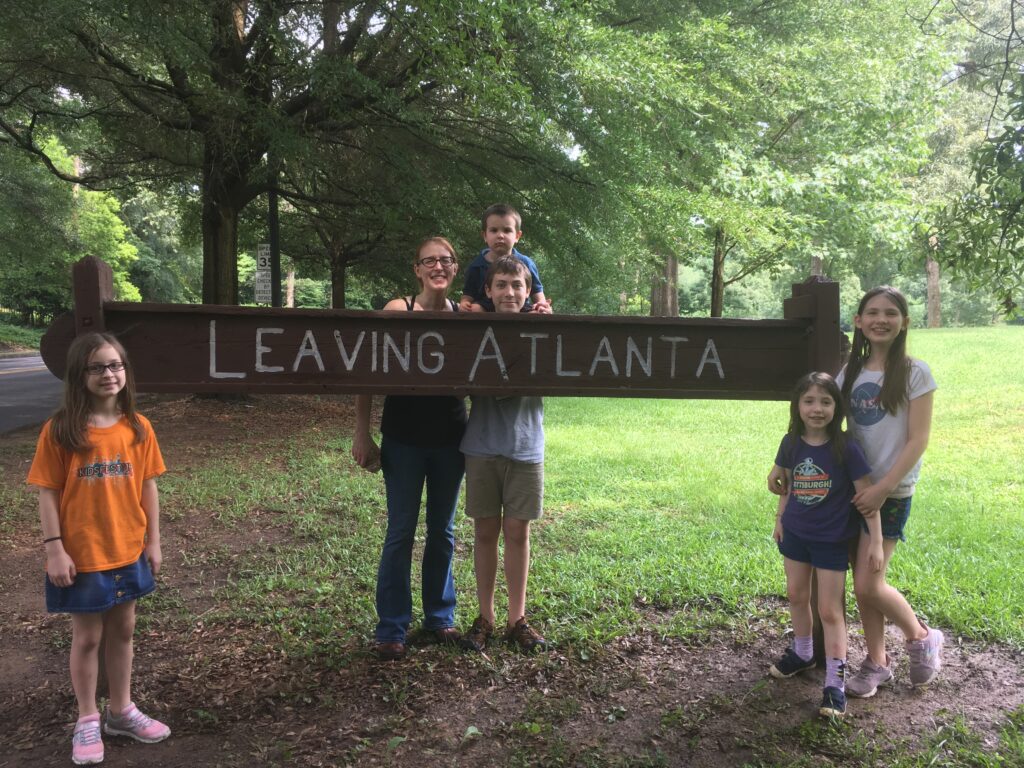
Q. What are you most proud of in your career so far?
A. Professionally, I’m most proud of all the neurosurgery residents and functional neurosurgery fellows I’ve trained over the years. I hear from them often when they encounter a challenging case or seek support for a research project. I’m also proud of the leading role I have played in a revolution of minimally invasive techniques for treating epilepsy, especially MRI-guided laser ablation therapy. By publishing the first series of laser ablation for temporal lobe epilepsy, our team at Emory helped lay the groundwork for this becoming universally accepted and even the preferred approach for treating medial temporal lobe epilepsy.
Q. What do you like to do with your free time, however limited it might be?
A. I like hanging out with my children, walking and biking around Forest Park, and going to the museums. The St. Louis Science Center, the Saint Louis Zoo, and the City Museum are perennial favorites. Each of my children gets to discover all the fun things to do as they grow with the older ones playing tour-guide. My 16-year-old knows every part of the park and museums. My daughters are particularly into the Saint Louis Art Museum and The Magic House. Everyone likes the reptile and insect houses at the St. Louis Zoo. My four-year-old just wants to see lions.
